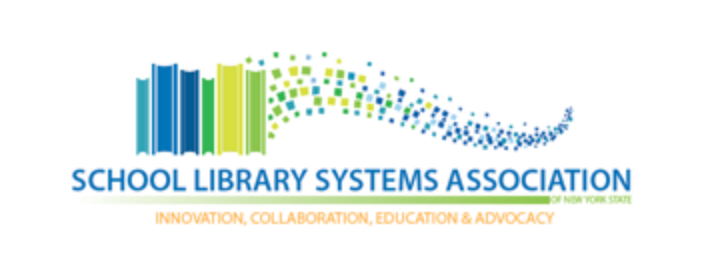
A year ago – led by Oakham School and with the endorsement of the CILIP School Libraries Group (CILIP SLG), the CILIP Information Literacy Group (CILIP ILG) and the School Library Association (SLA) – the FOSIL Group was formed to coincide with a paper presented at LILAC 2019.
The purpose of the FOSIL Group is to help whoever is part of the FOSIL Group – which is open and free to anyone who shares its purpose – more effectively equip our children with the kind of knowledge that will help them to get more knowledge for themselves.
Our efforts are centred on FOSIL, which stands for Framework Of Skills for Inquiry Learning.
FOSIL was developed at Oakham School in 2012 by the Head of Library, Darryl Toerien.
FOSIL – which is a model of the inquiry process, an underlying continuum of inquiry skills and a growing collection of free resources to support the systematic and progressive development of inquiry skills – is based on the Empire State Information Fluency Continuum (ESIFC).
The ESIFC was developed in 2009 and re-imagined in 2019 by the School Library Systems Association of New York State (SLSA) under the leadership of Dr Barbara Stripling, Professor Emerita at Syracuse University, which serves more than 3.2 million children in 4,236 schools in New York State (as of 1 June 2020, although the actual number of schools and students being served by the ESIFC in some form or another is greater).
The ESIFC is endorsed by the New York State Library, the New York Library Association, the New York State Education Department, and as of April 2020, the FOSIL Group.
This reciprocal endorsement marks a very important stage in the ongoing development of FOSIL and the FOSIL Group, coming, as it does, shortly after FOSIL was endorsed by the Great School Libraries campaign as its suggested model of the inquiry process in March 2020.
Dr Daniel Callison, Professor Emeritus at Indiana University, writes in The Evolution of Inquiry: Controlled, Guided, Modeled, and Free (2015, pp. 215, 11) that:
Inquiry provides a framework for learning. To become independent learners, students must gain not only the skills but also the disposition to use those skills (curiosity, open-mindedness, perseverance) along with an understanding of their own responsibilities and assessment strategies. … Stripling’s stages of inquiry apply neatly across grade levels and academic disciplines as a basis for a modern interdisciplinary, inquiry-based curriculum.
Barbara Stripling, writing in ‘Empowering Students to Inquire in a Digital Environment’ (2017, p. 52), adds that:
Providing a framework of the inquiry process is only the first step in empowering students to pursue inquiry on their own. The next step is to structure teaching around a framework of the literacy, inquiry, critical thinking, and technology skills that students must develop at each phase of inquiry over their years of school and in the context of content area learning.
In FOSIL and the FOSIL Group we have both a sound model of the inquiry process with a continuum of underlying skills that provides a framework for independent learning, and a growing international community of education professionals working together to more effectively develop these critical skills within an inquiry process.
What make this reciprocal endorsement even more special is that the ESIFC is an extraordinary achievement by highly talented colleagues, and FOSIL, which is only possible due to their generosity, now includes an original maker’s mark.
The ESIFC was ad(o/a)pted as FOSIL under CC BY-NC 4.0 by Darryl Toerien, Head of Library at Oakham School, and is made available under CC BY-NC 4.0.
Bibliography
Callison, D. (2015). The evolution of inquiry : controlled, guided, modeled, and free. Santa Barbara: Libraries Unlimited.
Stripling, B. (2017). Empowering Students to Inquire in a Digital Environment. In S. W. Alman (Ed.), School librarianship : past, present, and future (pp. 51-63). Lanham: Rowman & Littlefield.